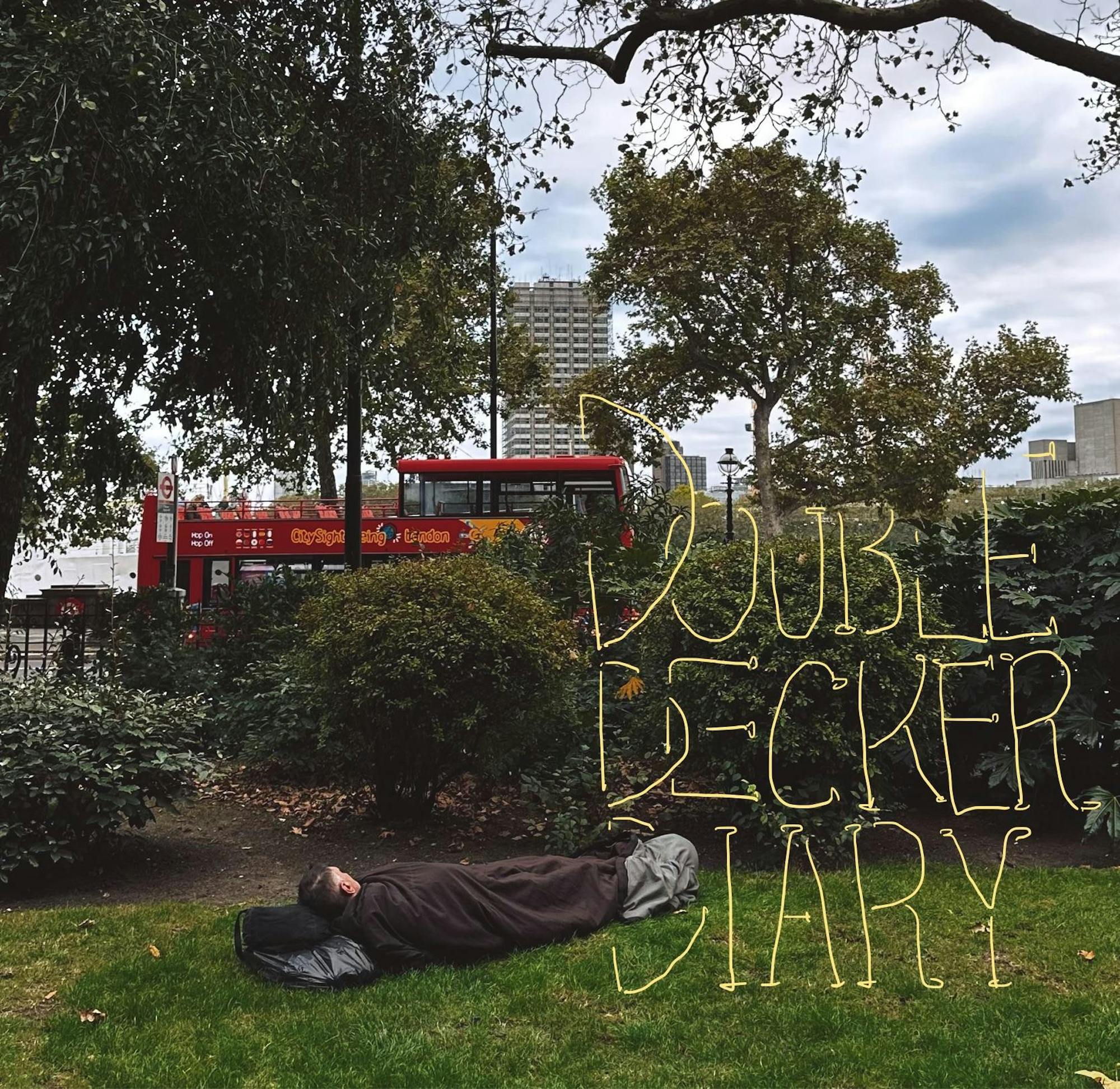Dear Diary,
London celebrates Christmas like no other. Even someone who doesn’t particularly enjoy Christmas would pause and marvel at the glistening lights of the festivities. Almost overnight, the streets were decorated with golden lights, wreaths garnished with fake snow hung on doors and shelves of department stores were lined with Christmas cards.
The absence of Thanksgiving in the U.K. lent the stage to Christmas in early November.
I first stumbled upon Christmas at Covent Garden. At the entrance of this bustling shopping district stood a Christmas tree covered in silver and red fairy lights. Behind it, giant golden bells joined by a bow hung from the ceiling, from which a silver disco ball dangled, reflecting halos of light that coated the premise.
The night’s soundtrack was laughter from the audience of a street performance by a Charlie Chaplin impersonator mixed with a cover of “Perfect” (2017) by Ed Sheeran in the distance. The Christmas trees that quickly populated the entire campus (by campus I mean the collection of 10-ish buildings in the middle of the city) unexpectedly rendered the warmth of belonging.
In London’s bleak winter of 4 p.m. sunsets, Christmas feels like home.
Claiming that Christmas is my favorite holiday always evokes subtle guilt. My ears ring with all the Chinese traditional holidays I’ve ranked beneath Christmas, a Western tradition of Christian roots. I am also the farthest thing from a Christian.
Nonetheless, sitting with my family around the table and folding dumplings on Chuxi (the eve of a new lunar calendar), watching the New Year’s Gala on TV while drifting off into a food coma and lighting fireworks after midnight feel like a part of my distant past. Over the years, my absence during family gatherings has become more common than my presence.
If my family shapes Chinese traditions, then Christmas carries personal definitions — it is a vessel for memories I’ve constructed since I became acquainted with Christmas during my first year in the U.S.
Whether I spend it with friends or by myself in a quarantine hotel, the meaning of Christmas derives from stories that I created, these special slices of time each year made symbolic by the importance that I attach to them.
Different from mandatory family formalities that often entail social pressure from engagement with relatives and performative gift-giving and receiving, Christmas can be as casual or significant as I want and spent however I want.
In the almost eight years I’ve been abroad, the meaning of home has evolved with my growth and independence.
Outside of the apartment in Beijing where my family lives sits another little home that I have carved out for myself, made up of memories of the past and stories of the present that exist unconfined to time and space, where I find freedom and agency.
This year, two months into my stay in London, surrounded by the spectacles of lights and Christmas trees, a new story of mine slowly unfolds.
Christmas feels like home.






